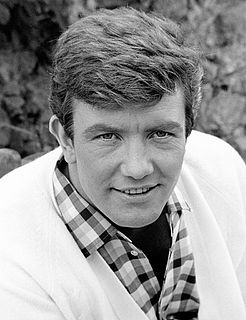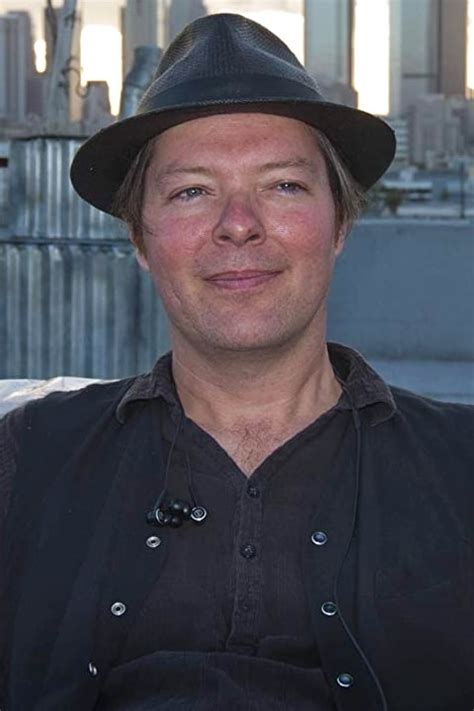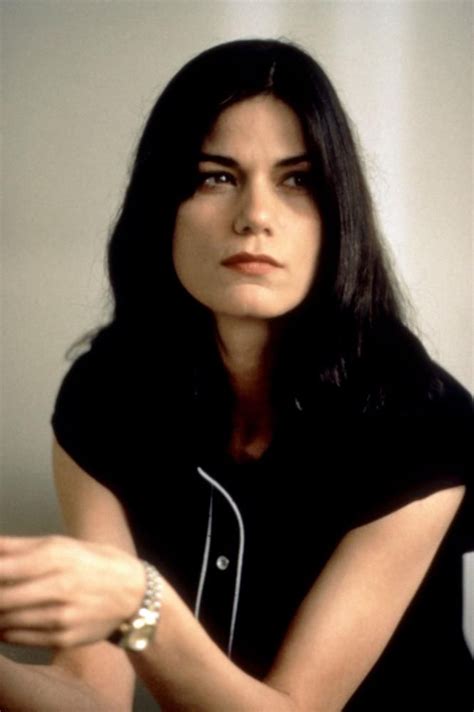A Quote by Diana Penty
For me it's a very organic process. I read the script/hear a narration and pretty much know instantly if it's something I want to be a part of or not. It's really as simple as that.
Related Quotes
For me, I wish I loved every script that I read. Sometimes I'm more picky and choosy than I really should be because you would get more jobs as an actor! But you don't know what it is. Sometimes you read something and it could be a big part or a small part. It could be one scene and I'll read it and say: "Wow, I really like that and I really want to do that.".
I don't go through a torturous intellectual process to decide what to direct. I know what I want to direct the second I read something or hear a story. I just know when it grabs me in a certain way I want to direct it. And then I spend the next four to six months trying to talk myself out of it, because directing is really hard! But it's true, I know essentially when and what I want to do next... it's an undeniable feeling I get and it's not the same feeling I get when I wind up producing something.
When I write something simple I'm always really proud of it. When you write something that simple with that much air in it and the whole premise behind it is something pretty obvious - that everybody wants to be happy and free - the song is sort of an exercise in not forgetting that's what you really want and what you really need. We can get caught up in a lot of other stuff.
I was approached by the filmmakers. I didn't know much about the project ["Selling Isobel"], and the more we talked, the more they started to confide in me. I read the script and thought it was really interesting, and then a week later I discovered that this wasn't just any old script, this was actually Frida's [Farell] story and she was trusting me to tell it. I felt very privileged.
I have been a fan of movies from a very young age, and somehow, the magic of that - every single time I hear something or read something that could be made into a wonderful film or something somebody is asking me to be a part of - that connects. It just makes me feel like I'm going to be part of something magical again.










































